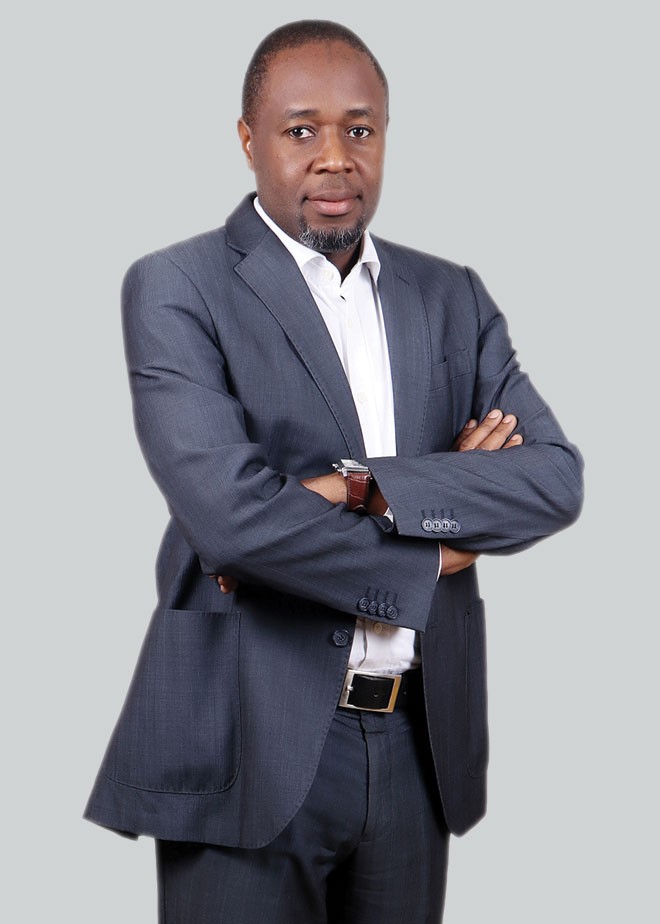
Countless articles out there have tried to predict what the post-Covid-19 world will look like.
One thing they all seem to agree on is that there will be less emphasis on the workplace as we knew it, as remote working becomes more acceptable. It seems that travel and gatherings at seminars, conferences and workshops will never regain previous levels, as we discover that such activities and meetings can be done virtually.
Of course, humans, as social beings, will continue to congregate, but the pandemic has shown the world what is possible with technology – and there is no going back from that.
Investment focus
One implication of this changed world is that the authorities will need to pay more attention to infrastructure that supports remote working and virtual meetings – from telecommunications and internet facilities to electricity.
In the past, air-travel infrastructure investments have been popular with African governments thanks to their visibility; during political campaigns they can be pointed out as the achievements of those in power.
However this has left us with many barely used domestic airports – which become a drain on lean purses. The International Air Transport Association forecasts that the recovery of global air travel will trail that of GDP by two years, with journeys not returning to 2019 levels until 2023–24. This should be an opportunity for governments to instead support other areas of more immediate need.
Time to choose
Questions need to be asked. If there is going to be less air travel, should infrastructure budgets be spent on a new terminal at an international airport or would the funds be better invested in building a technology park for the community?
Should development shift from large, internationally focused conference centres to the provision of efficient and widely available internet services that instead enable virtual events? Shouldn’t schools be fitted with full online capabilities, if only to prepare students for the future of work?
During the lockdown, while many schools in Africa continued classes online, others – especially state-owned facilities in rural communities – were unable to because of a lack of equipment and facilities
Prioritise the virtual classroom
During the lockdown, while many schools in Africa continued classes online, others – especially state-owned facilities in rural communities – could not because of a lack of equipment and facilities. This meant that hundreds of millions of children and students were disadvantaged.
It is time for an upgrade of equipment, facilities and mode of instruction in African schools. We must respond to the needs of the business world, with old teaching methods making way for new ones.
Refining healthcare
Health infrastructure also needs to change, especially in the area of telemedicine, which is fast becoming mainstream. With low doctor-to-population ratios and inadequate health facilities in rural areas, Africa stands to gain greatly from telemedicine and should quickly rethink infrastructure plans to take advantage of this.
Across Africa, the focus must shift to providing the right infrastructure for the times: creating technology hubs and parks; equipping schools with technology; providing the right health facilities; and ensuring that everything is in place to enable the continent to leverage its smart, youthful workforce to take advantage of the changing nature of work and the world.




